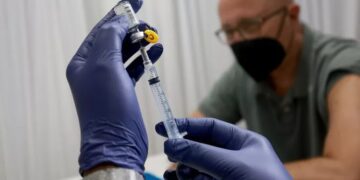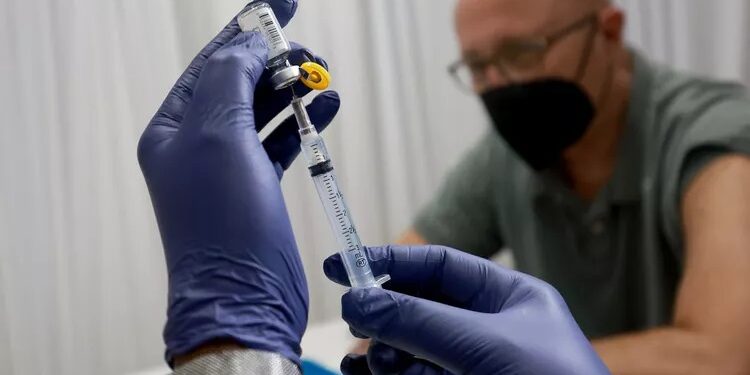WHO declares Mpox global public health emergency for second time in two years
Mpox has been declared a global health emergency by the World Health Organisation (WHO).
Previously known as monkeypox, Mpox is a viral zoonotic disease caused by the monkeypox virus.
It primarily affects animals but can also infect humans, leading to symptoms such as fever, rash, and swollen lymph nodes. The disease gained significant attention due to its potential for human-to-human transmission and its resemblance to smallpox, which has been eradicated since 1980.
WHO first declared mpox a global public health emergency in July 2022 amid rising cases outside endemic regions.
Reasons for the second declaration
In October 2023, the WHO announced that mpox has once again been classified as a global public health emergency. This decision was influenced by several critical factors:
Following the initial declaration in 2022, there was an increase in reported cases across various countries. Despite efforts to control the outbreak through vaccination and public health measures, new infections continued to emerge.
The virus has spread beyond its traditional endemic regions in Central and West Africa to multiple countries worldwide. This geographical expansion raised concerns about the virus’s ability to establish itself in non-endemic areas.
The resurgence of mpox cases has strained healthcare systems in some regions, particularly where resources are limited. The potential for severe illness and complications from the disease necessitated renewed attention from global health authorities.
READ ALSO: Homicide killed more than armed conflict, terrorism combined in 2021 – UN
While vaccines are available for mpox prevention, challenges related to their distribution and accessibility have hindered effective immunization campaigns in many affected areas.
There have been reports of genetic variations of the monkeypox virus that may affect transmissibility or severity of illness. Monitoring these variants is crucial for understanding how they might impact public health responses.
Global response initiatives
In light of this second declaration, WHO is expected to implement several initiatives aimed at controlling the outbreak:
Increased monitoring of mpox cases globally will be prioritized to identify outbreaks early and respond effectively.
WHO will work with member states to improve vaccine access and distribution strategies, particularly targeting high-risk populations.
Education on prevention methods and symptoms will be crucial in reducing transmission rates.
Increased funding for research into treatments and vaccines specific to mpox will be sought to bolster future preparedness.
The WHO’s decision to declare mpox a global public health emergency for the second time underscores the ongoing threat posed by this viral disease. Continued vigilance, international cooperation, and robust public health strategies will be essential in managing this evolving situation effectively.






























